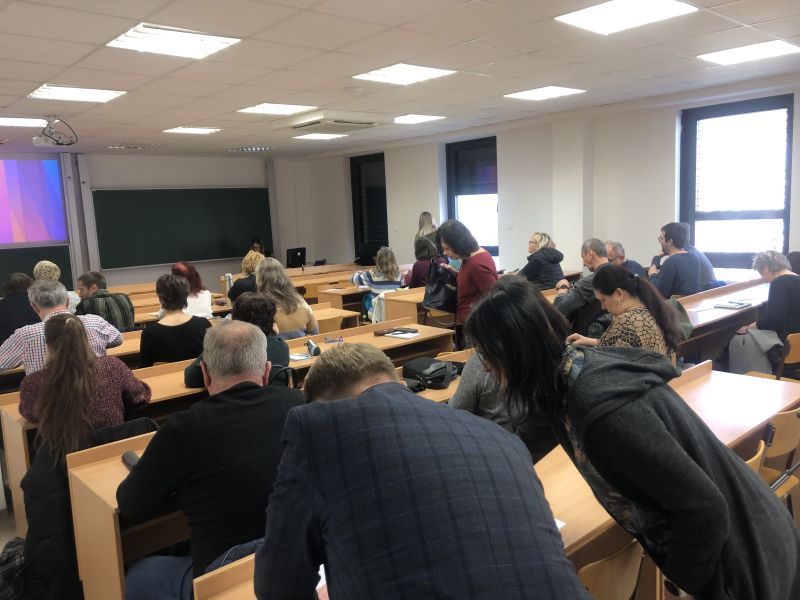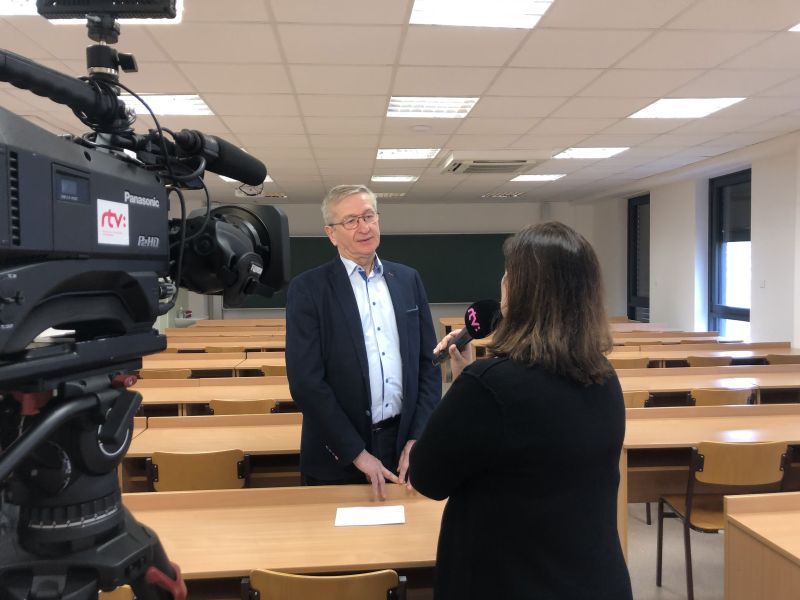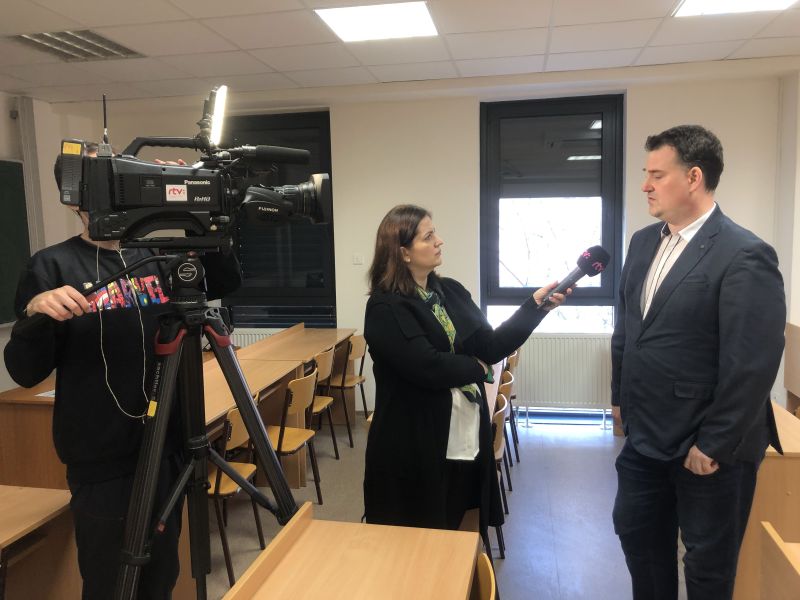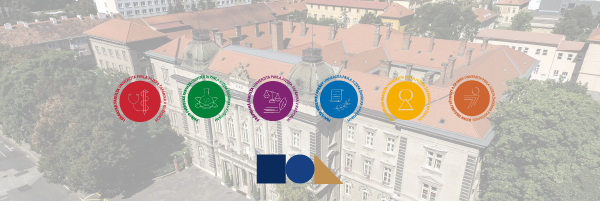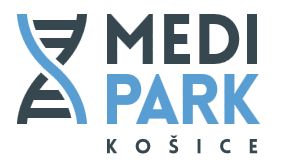On Wednesday, March 20, 2024, a full-day meeting of primary and secondary teachers from Eastern Slovakia focused on Modern Trends in Informatics Teaching within the framework of the National Project “Digital Transformation of Education and Schools – “DiTEdu”” took place. The meeting was dedicated to the highly relevant topic of cybersecurity.
It was the final event of the innovative training of 50 lessons, which was attended by 15 teachers of informatics. In addition to cybersecurity, the trainees also covered artificial intelligence, problem solving and programming, as well as STEAM subject learning.
The guarantor of the innovative education and also the guarantor of the Computer Science Teachers’ Club at the UPJŠ Faculty of Science is Assoc. Professor Ľubomír Šnajder, PhD., who is convinced that this kind of training is highly attractive for teachers. In addition to their personal growth, education and the acquisition of new knowledge and methods, they appreciate the acquired certificate, which will help them move higher in their profession.
This training is part of the activities of the National Centre for Digital Transformation of Education (NCDTE), which was created at the Pavol Jozef Šafárik University with the support of DiTEd.
There is a similar center at Comenius University. The NCDTE is the main pillar for the creation of a sustainable ecosystem of support for the digital transformation of education, which will provide professional support based on relevant data and pedagogical research.
Director of the Centre for Lifelong Learning and Project Support at UPJŠ and expert guarantor of the National DITEDU project, Assoc. Professor Dušan Šveda, emphasizes its extraordinary benefit not only for teachers and school digital coordinators (SDCs), but especially for pupils of primary and secondary schools. “Our goal is to get the process of digital transformation of education started in every school. To do this, NCDTE will provide professional support not only by training teachers, principals and SDCs, but by creating and using innovative teaching methodologies. Our ambition is to see the project contribute to the development of exploratory skills, computational thinking, and digital skills of students in those schools that actively participate in the project,” he said.
In addition to formal innovation training, which is similar in design to studying at university, NCDTE offers a range of informal activities such as webinars, workshops, consultations, clubs, networking and many more for primary and secondary school teachers as part of the national DiTEdu project.
One of the objectives of the project is to direct pupils to study technical and science subjects. In this respect, the national project is preparing the experimental validation of a new study field, Grammar School with specialization in computer science. Ten grammar schools from all over Slovakia will be involved in the experimental validation from September 1, 2024. This will increase the readiness of secondary school pupils for university studies in STEAM fields and their subsequent placement on the labor market in positions needed for the digital transformation of society.

